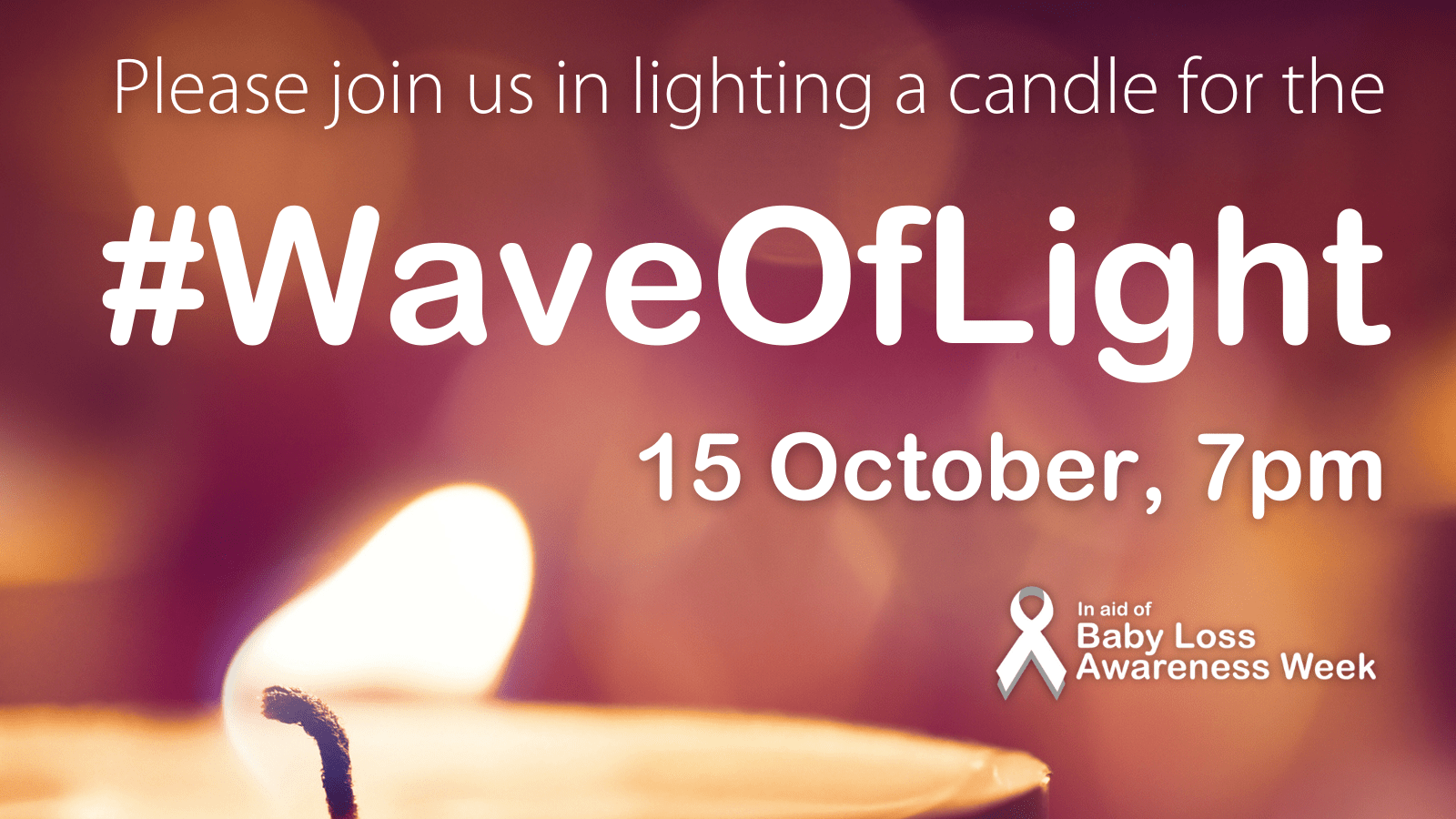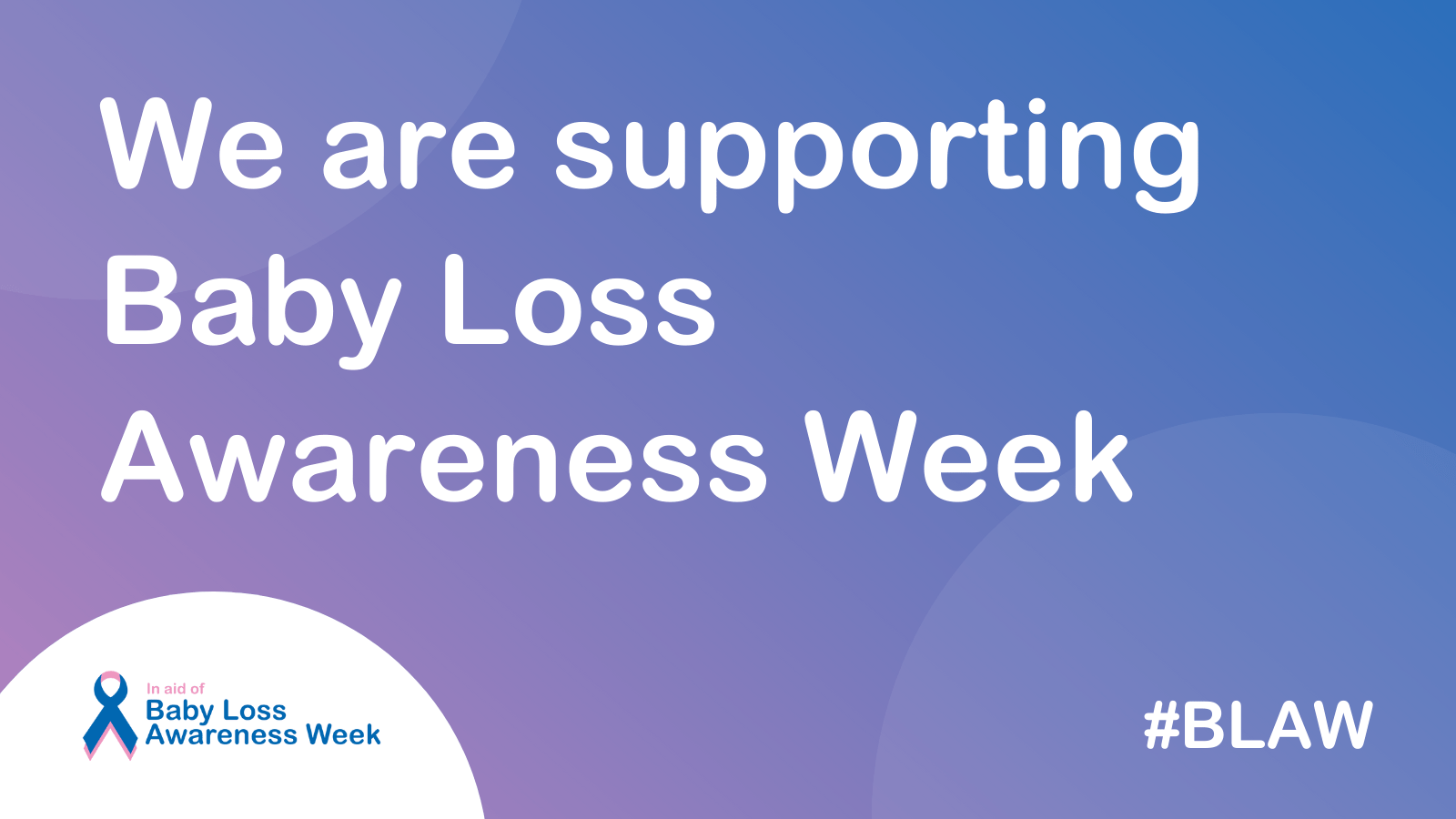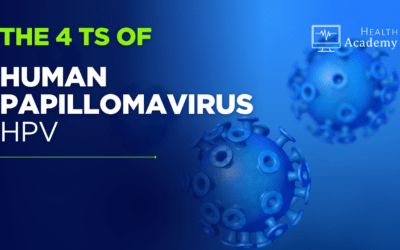Globally, the loss of a baby through miscarriage or stillbirth remains a difficult topic to discuss, often surrounded by silence. Unfortunately, this silence can sometimes be linked to feelings of stigma or shame, which need to be addressed openly. According to the Office for National Statistics, in the UK, there were over 4,500 baby deaths in 2022, with 2,680 being stillbirths and 1,924 neonatal deaths. While it’s encouraging that the rate of baby deaths has decreased over time, providing support for grieving families continues to be a critical priority.
The Role of Primary Care Health Care Professionals in Bereavement Support

Supporting families and relatives through the loss of a baby can be a challenging experience for healthcare professionals. It’s important to recognise that while we can’t eliminate the pain of grief, we can offer meaningful support by providing sensitive, safe, and informed care. The way we engage with families during these times can have long-lasting positive effects.
Every family’s experience is different, and their needs will vary. However, some general principles can help in offering emotional support. Some important aspects of support include, clear communication, patience, active listening, and being emotionally aware. When working with families, it may be helpful to openly acknowledge the loss rather than avoid the topic. Families often appreciate when healthcare professionals provide the space to talk or share information and advice, while being mindful that some may prefer silence or minimal interaction.
The specific support a primary care healthcare professional can provide will depend on their role and the resources available within their area. Some areas may have access to bereavement nurses or specialists trained in grief support. Referring families to these services can be beneficial, both for providing expert care and alleviating some of the emotional pressure on the nurse.
It is also important to be aware of potential triggers, such as visiting hospitals shortly after the loss or seeing other babies, as these situations can heighten emotions. Additionally, recognising the anxiety families may feel when trying for another baby can help them feel heard and understood.
The level of support offered will also depend on the circumstances, the healthcare professionals skills, and the needs of the family. There’s no fixed way to approach this, we must continue to learn from families and adapt our support accordingly.
Practical Support: Signposting

Some families may need ongoing or specialised support. Signposting to relevant resources can be invaluable in these cases. Many online platforms offer both practical and emotional support for bereaved families and guidance for healthcare professionals.
Below are some trusted websites that can be helpful for both families and healthcare professionals:
- Sands (Stillbirth and Neonatal Death Charity): www.sands.org.uk
- The Miscarriage Association: www.miscarriageassociation.org.uk
- Child Bereavement UK: www.childbereavementuk.org
- Bliss: Baby Loss Awareness Week | Bliss
October 9th-15th marks Baby Loss Awareness Week, an annual event held across the UK to raise awareness about the impact of pregnancy and baby loss. This week serves as a platform for bereaved parents to commemorate their babies, helping to break the silence that often surrounds this sensitive subject. By highlighting Baby Loss Awareness Week, healthcare professionals can help ensure that families know about this event, which can be a valuable part of their long-term coping strategies. It also provides an opportunity for parents to connect with others who have experienced similar losses, fostering a sense of community and support during difficult times.
For more information on Baby Loss Awareness Week, visit the official page:
Training and Continuing Professional Development (CPD)
The resources mentioned above can also be highly beneficial for healthcare professionals, offering guidance and advice on how to support families through grief and loss. For those looking to deepen their understanding or enhance their skills, there are several online courses. These courses provide valuable training on the complexities of loss and bereavement care.
Here are a few courses:
- Free Training for Professionals Supporting Neonatal Loss – ARC (nihr.ac.uk)
- Child Bereavement UK – Child Bereavement UK Training
- Bereavement Training – The Lullaby Trust
At Health Academy, we also offer a one-day virtual course on Grief, Loss, and Bereavement, designed to equip primary care professionals with essential knowledge and practical skills to provide effective support in these challenging areas.
Additionally, many workplaces may offer in-house bereavement training tailored to their specific environment and staff needs. Although these courses may not always be mandatory, taking part in them can be highly beneficial, both for the healthcare professionals’ personal development and for enhancing the level of care provided to grieving families.
Help and Support for the Health Professional

Supporting families through grief, loss, and bereavement can have a significant emotional impact on the healthcare professionals involved. Whether they’ve personally experienced a similar loss or are encountering this delicate topic for the first time, professionals may feel deeply affected. For some, these situations can be emotionally triggering, particularly if the loss resonates with their own experiences. For others, the sheer emotional weight of guiding bereaved families can be overwhelming, leading to stress, burnout, or emotional fatigue.
It’s crucial that, just as we prioritise care for grieving families, we also ensure that healthcare workers are given the same level of support. Emotional well-being and mental health in this context are not secondary considerations—they are vital.
In addition to in-house resources, health professionals can seek support from their GP, or access community services and online platforms specifically tailored to their mental health needs. Encouraging professionals to take care of their own well-being fosters not only a healthier work environment but also ensures they can continue providing empathetic and effective care to the families they support.
Here are some helpful resources for healthcare professionals to support their mental health around loss and bereavement:
- The Practitioner Health Programme (PHP):
Accessing The Service (practitionerhealth.nhs.uk).
A free NHS service offering confidential support for health professionals struggling with mental health issues, including those affected by bereavement.
- Mind – Workplace Wellbeing Support for Healthcare Workers:
Supporting healthcare workers’ mental health – Mind
Offers tools and resources for maintaining mental well-being in the workplace, especially when dealing with emotional and challenging cases.
- Samaritans for Healthcare Workers:
Support from Samaritans for people working in health and care
A confidential helpline specifically for NHS staff and social care workers who may need someone to talk to during difficult times.
Looking after the mental well-being of healthcare professionals is essential for them to continue offering compassionate and effective support to the families who may need care.
Conclusion

Supporting families through the loss of a baby can be a challenging, yet profoundly important role for healthcare professionals. The emotional complexity surrounding baby loss requires sensitivity, empathy, and an understanding that each family’s experience of grief will be unique. As primary care healthcare professionals, providing clear communication, compassionate listening, and practical support can create a safe space for bereaved families to navigate their grief. Signposting to specialist services and offering long-term support when needed can also make a significant difference to families during such a difficult time.
Equally as important is ensuring that healthcare professionals themselves are well-supported. Grief and loss can take an emotional toll, and it is crucial for staff to access mental health resources, whether through their GP, workplace support systems, or dedicated mental health services.
Ultimately, raising awareness, whether through events like Baby Loss Awareness Week or daily conversations in practice, is key to breaking the silence around baby loss. By openly acknowledging this reality, we can continue to improve the care and support available, for both families and healthcare professionals, creating a more supportive and understanding environment for everyone involved.
References:
- Why we need to talk about losing a baby (who.int)
- How many babies die in the UK | Sands – Saving babies’ lives. Supporting bereaved families.
- Vital statistics in the UK: births, deaths and marriages – Office for National Statistics (ons.gov.uk)
- Supporting bereaved families | Child Bereavement UK
- Support after pregnancy loss: how you can help | Nursing in Practice




